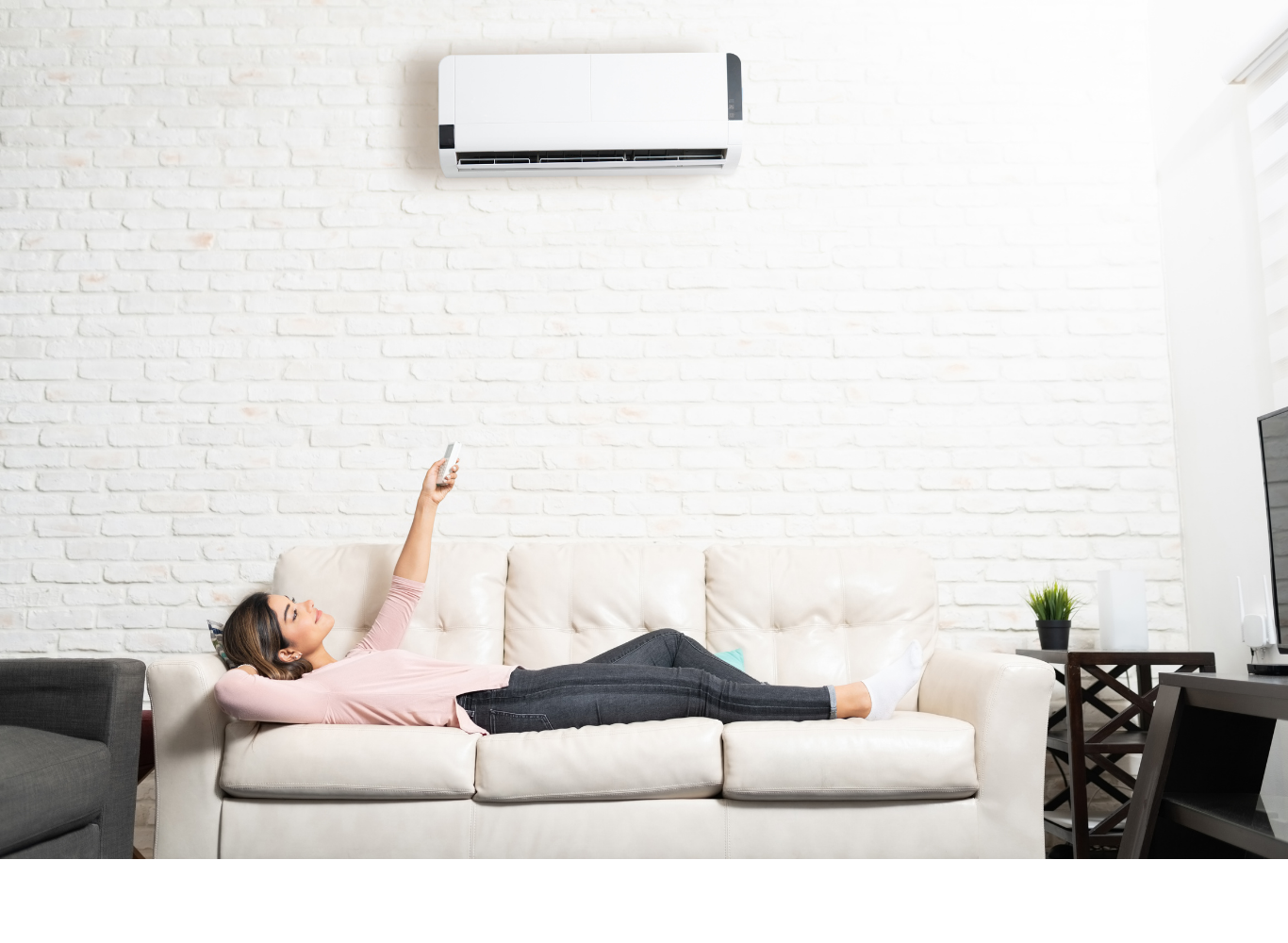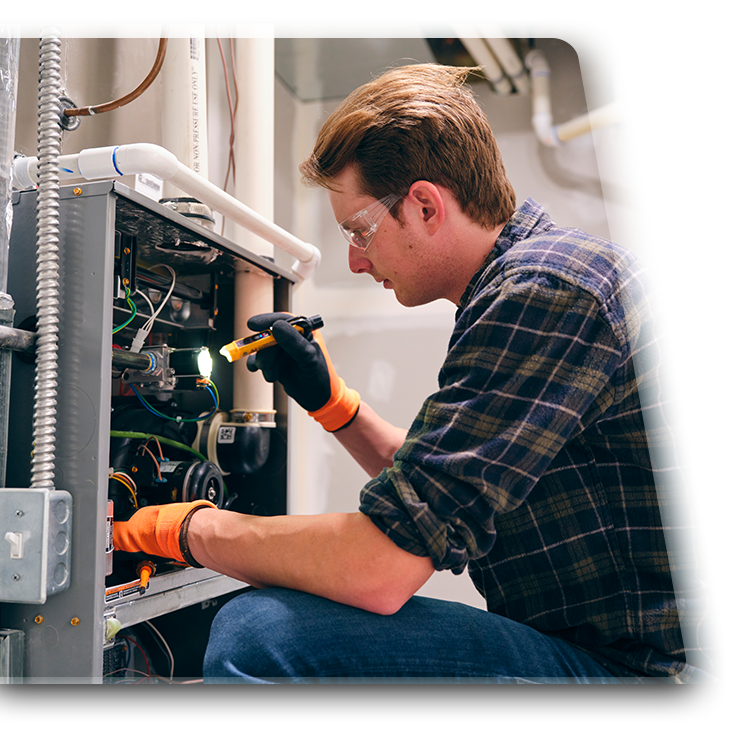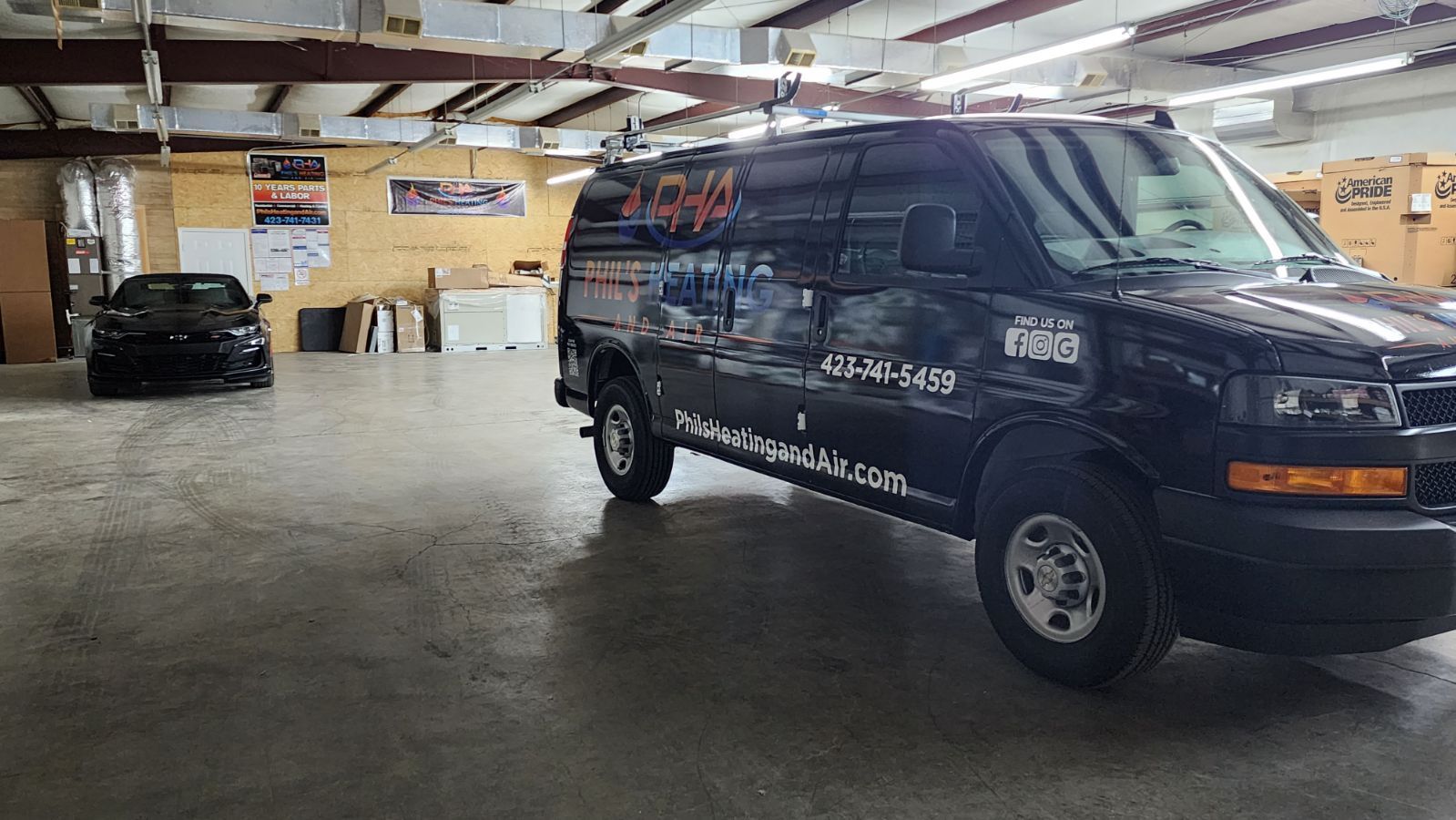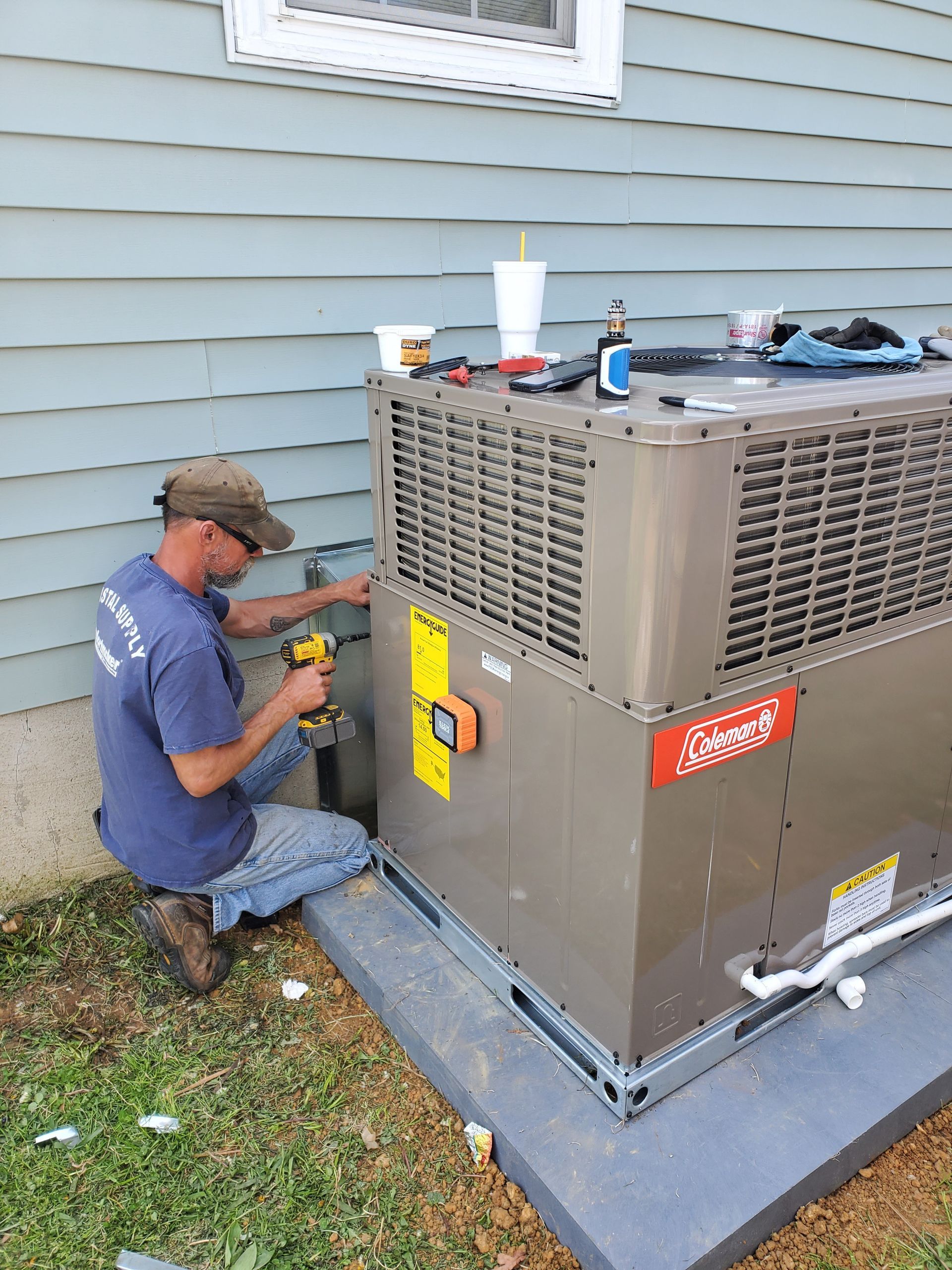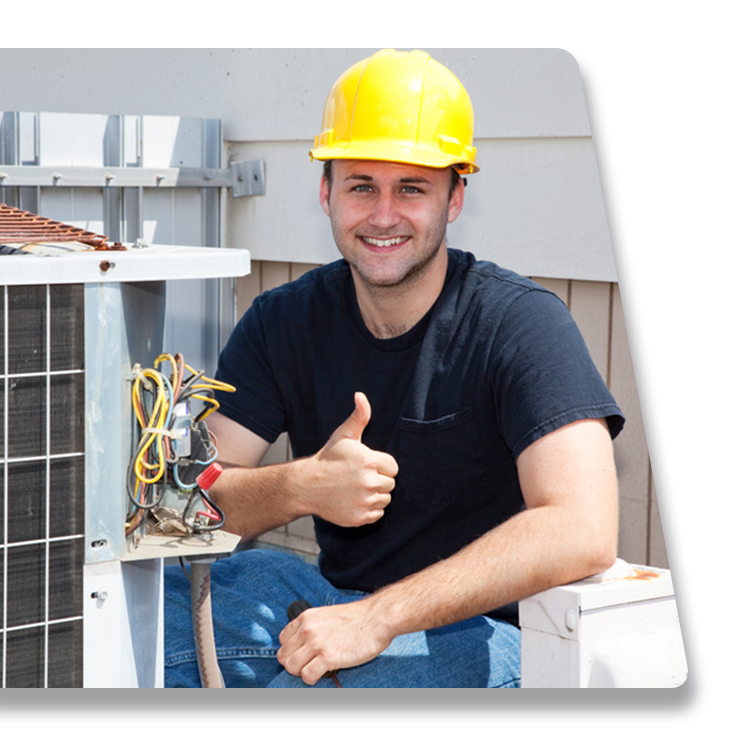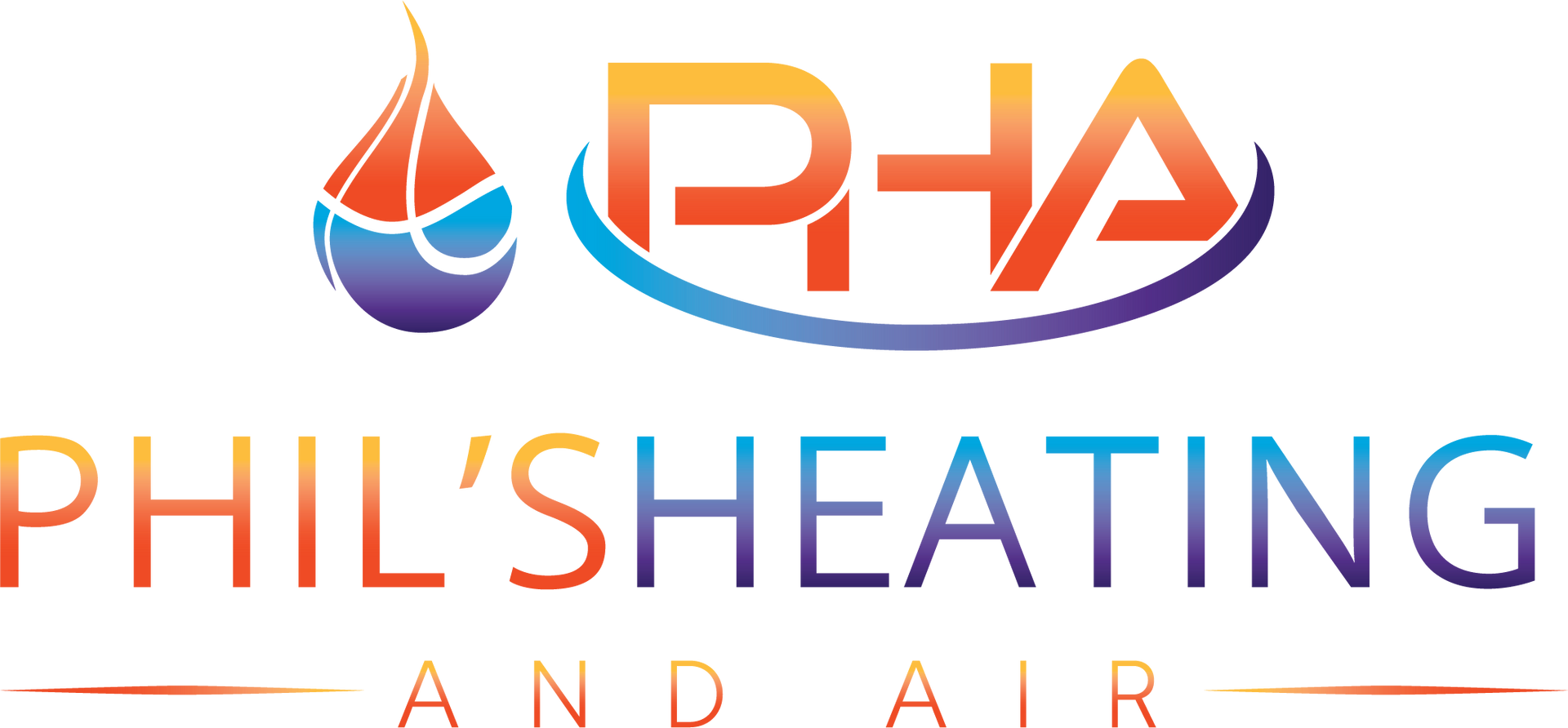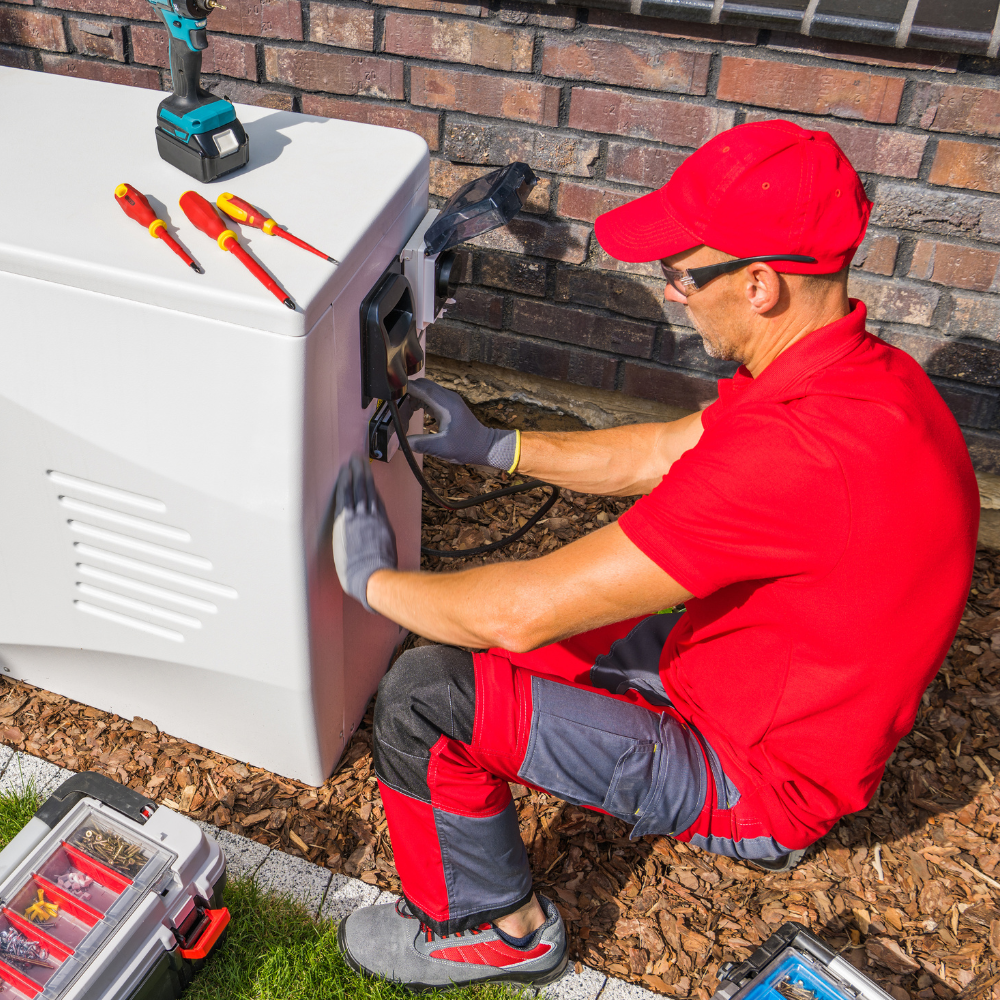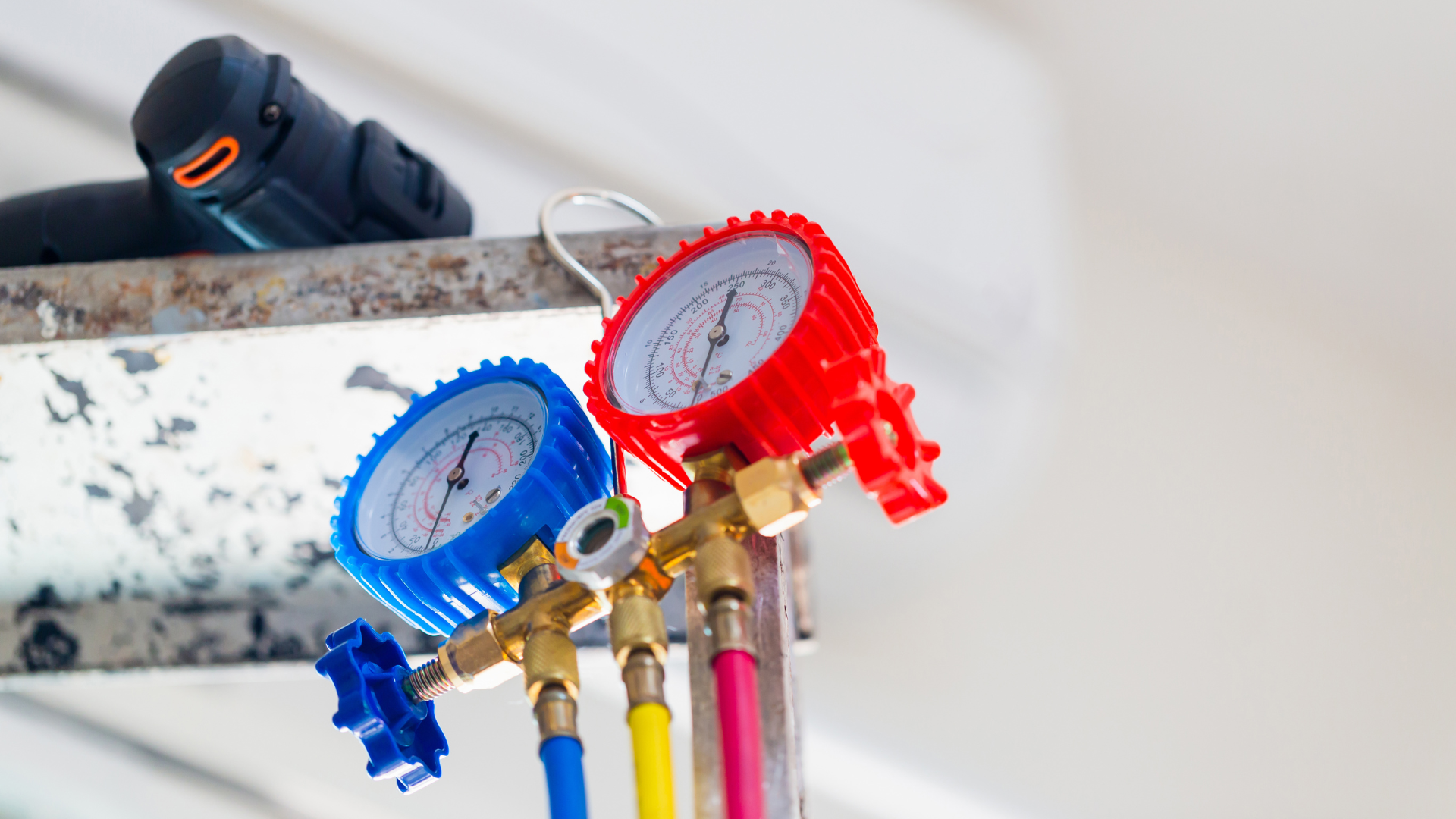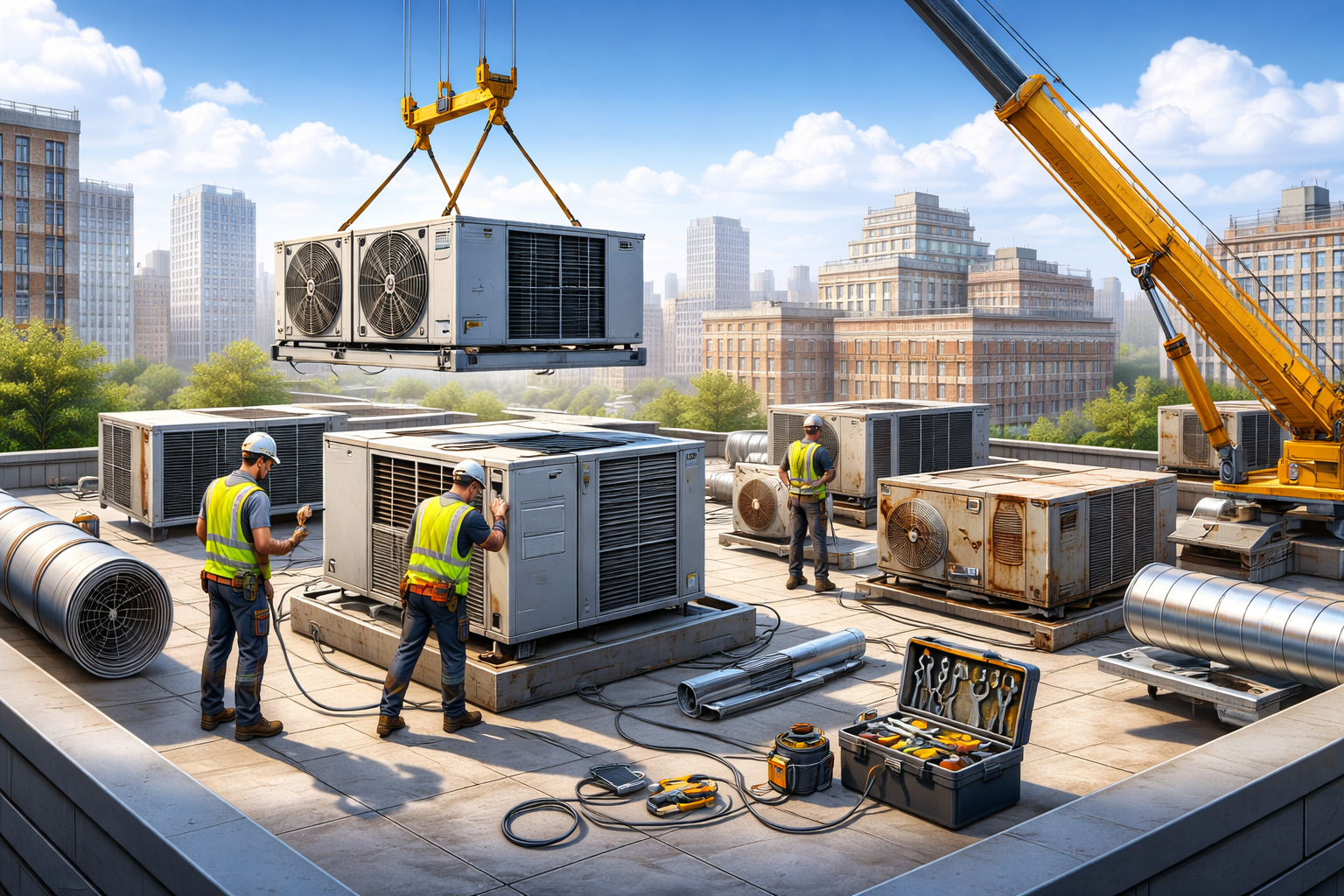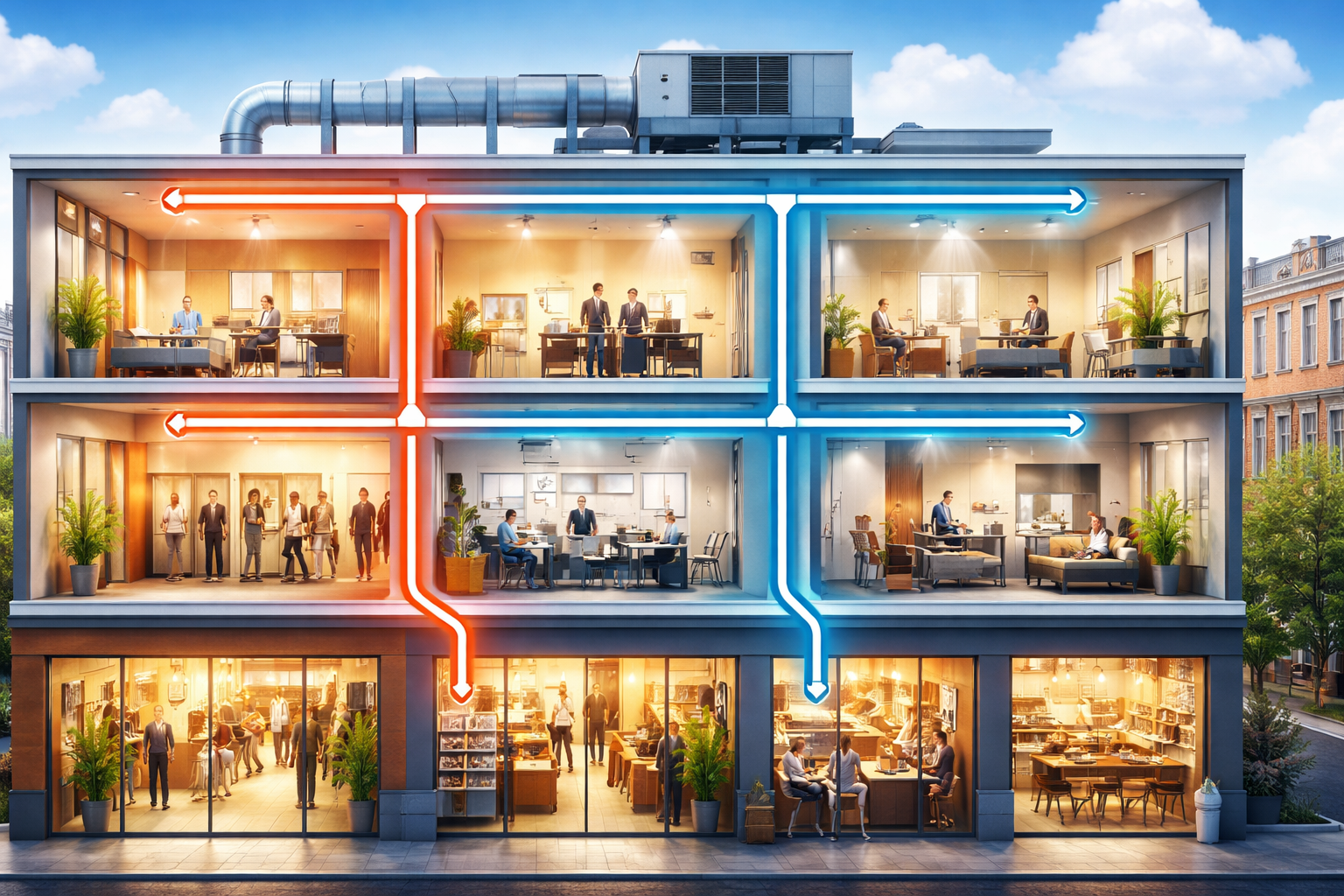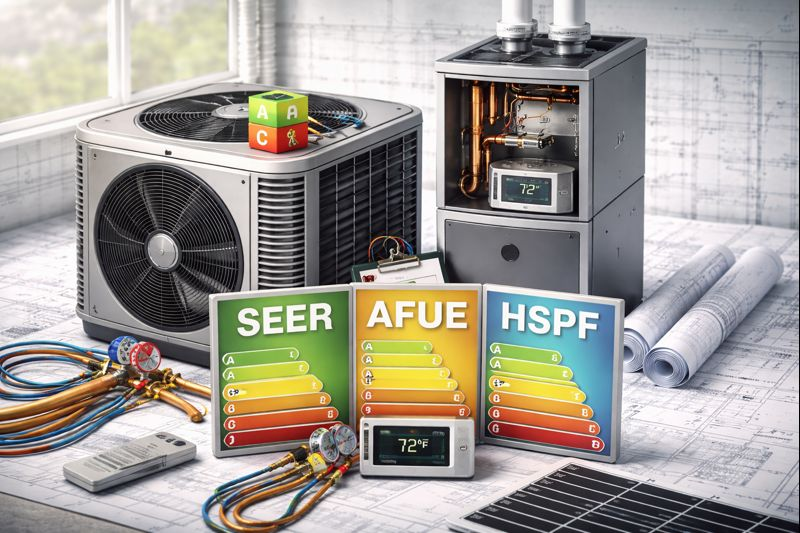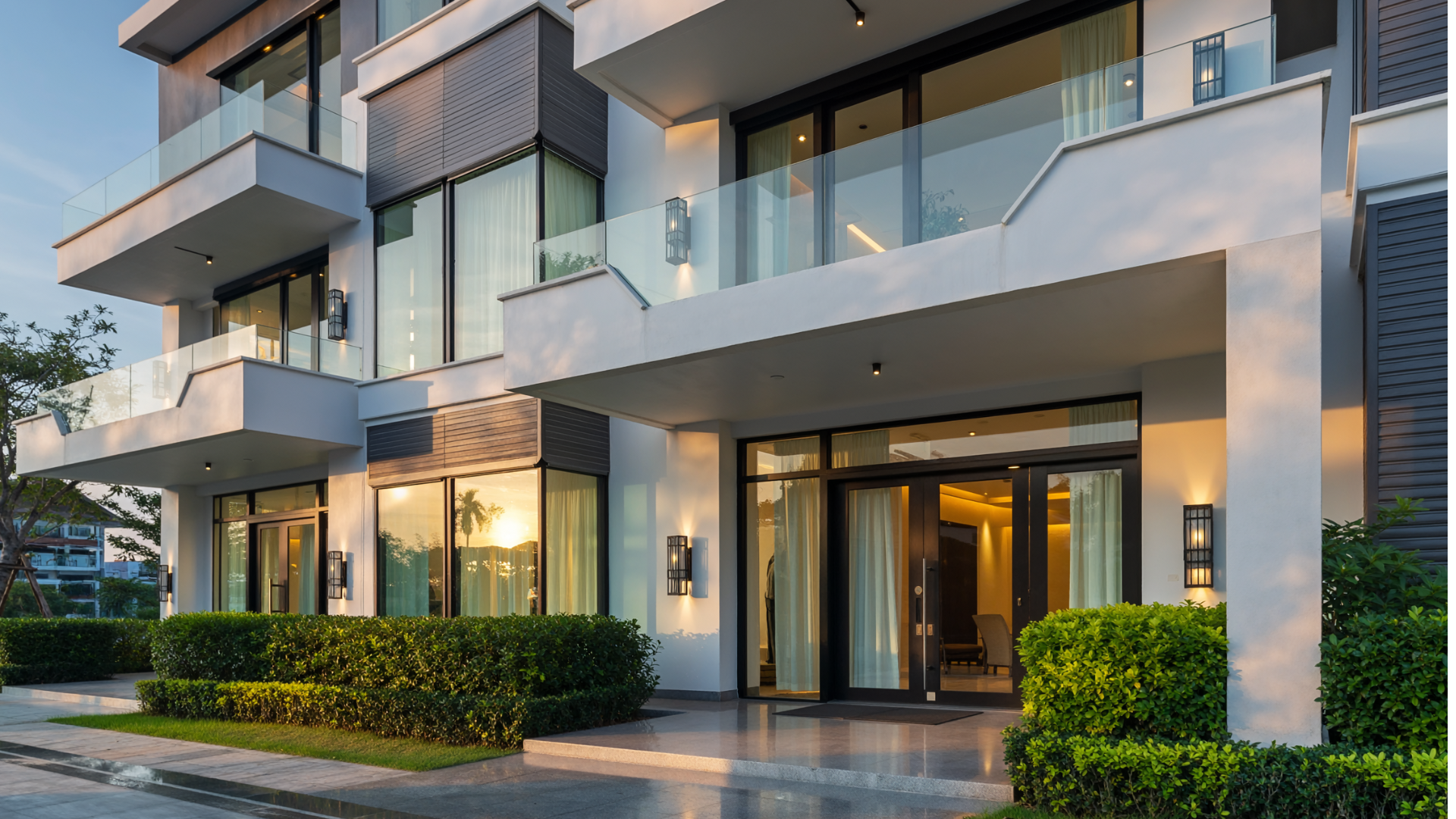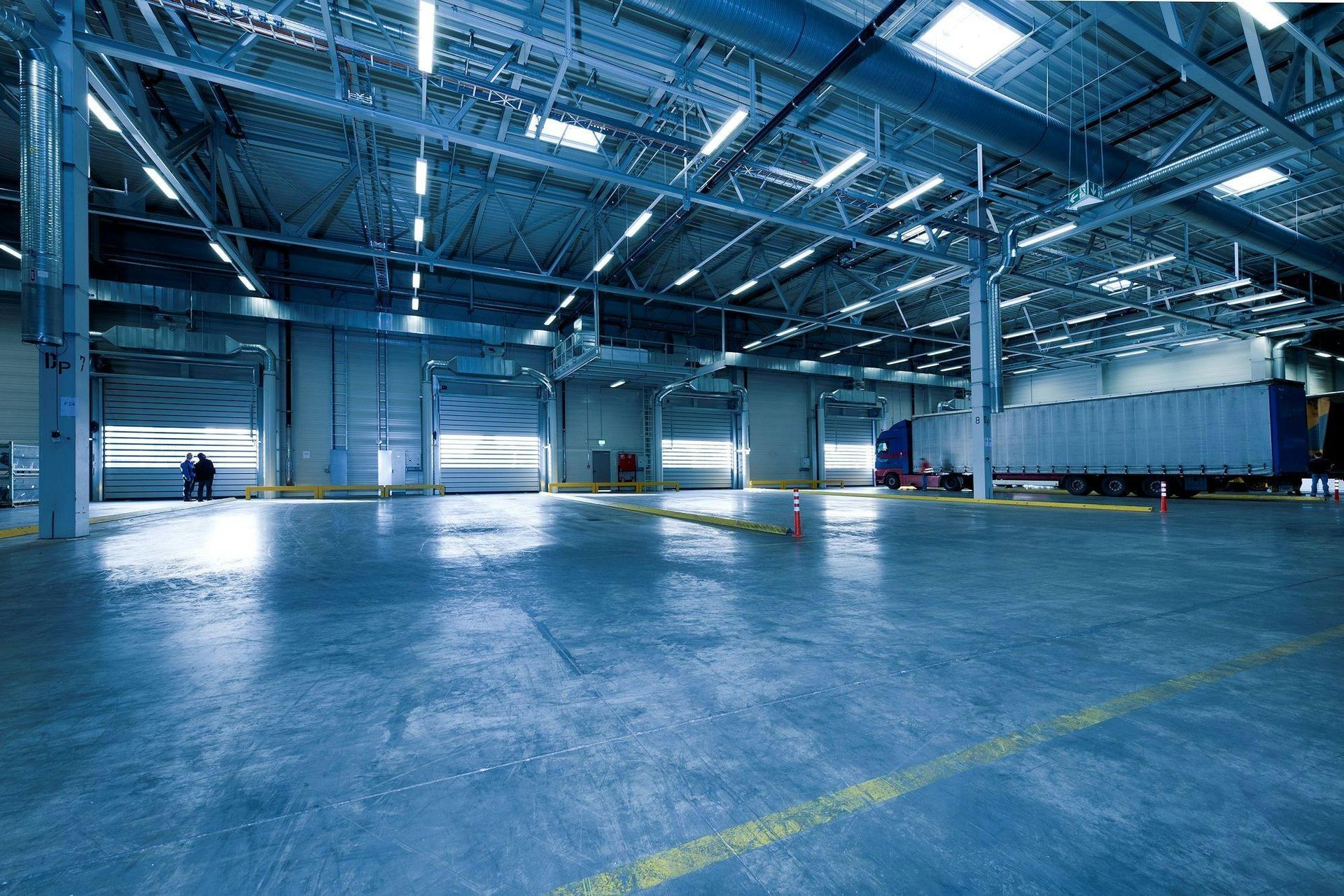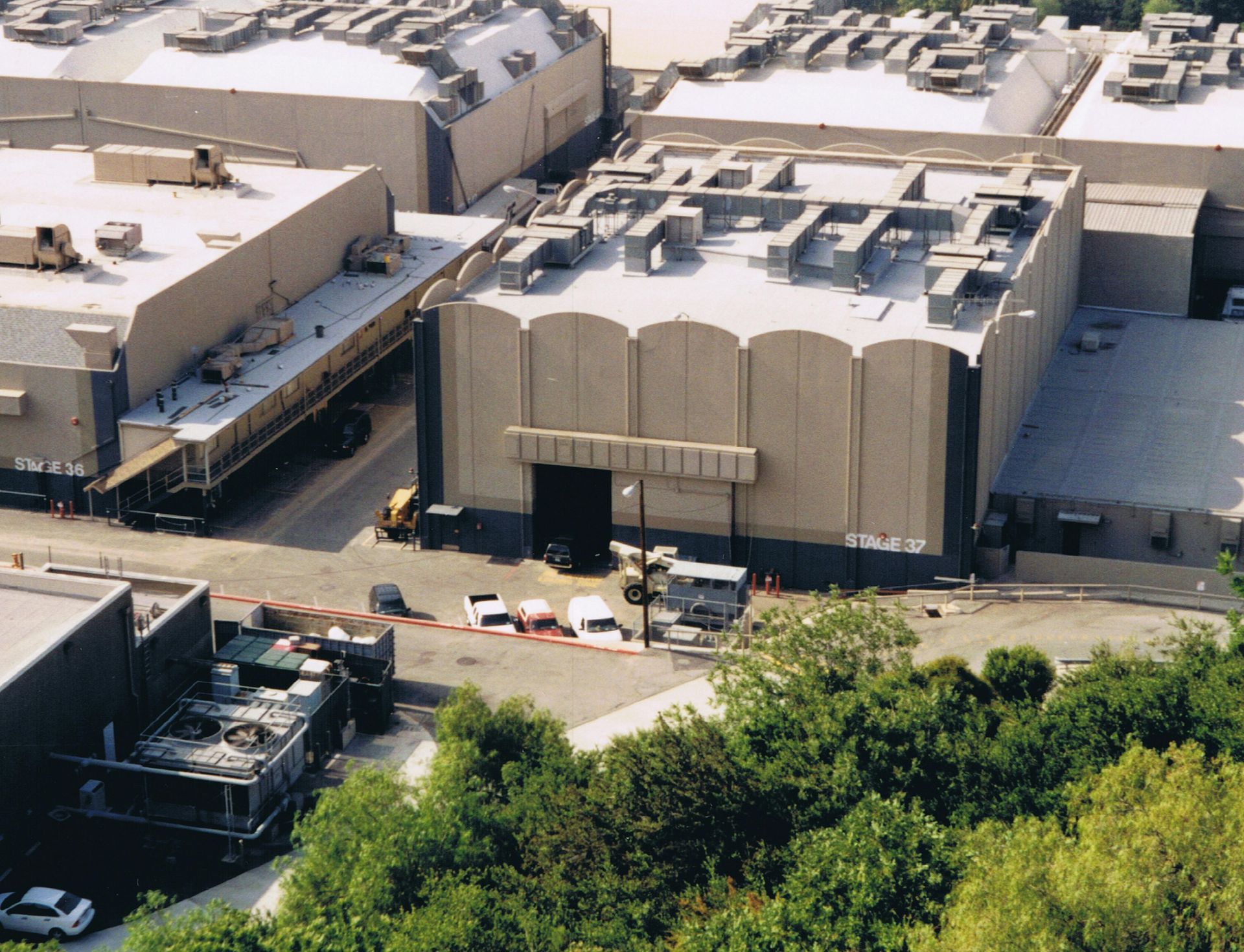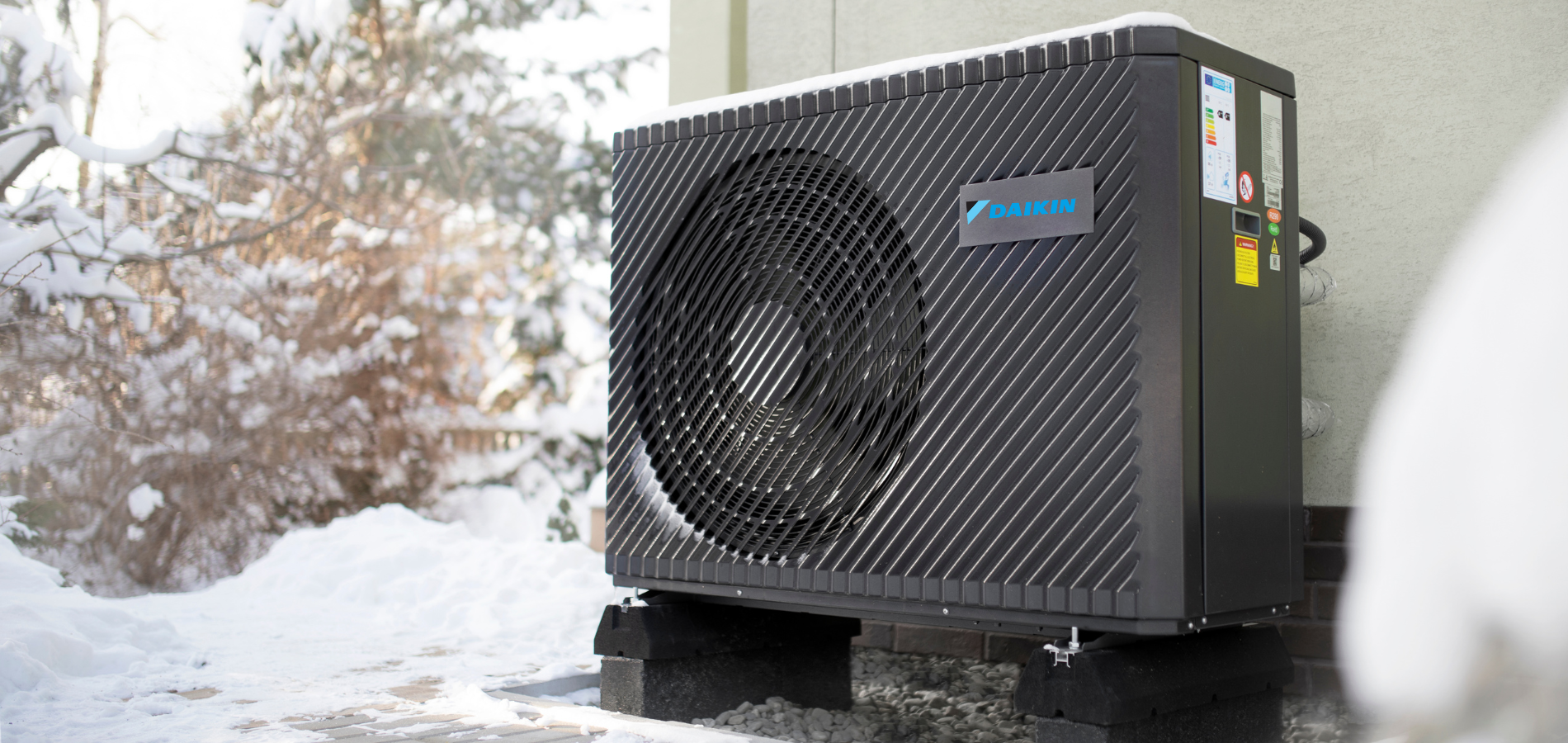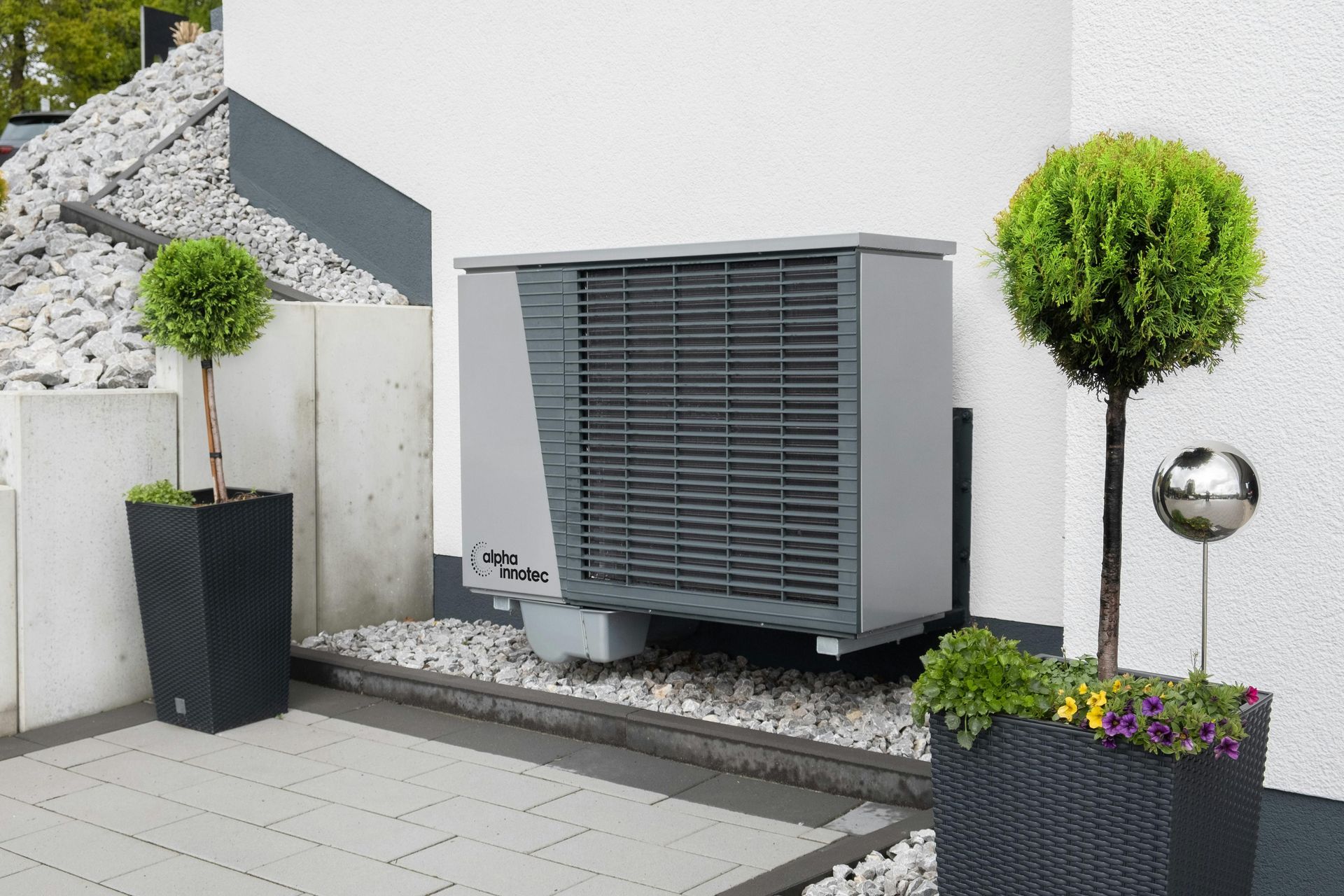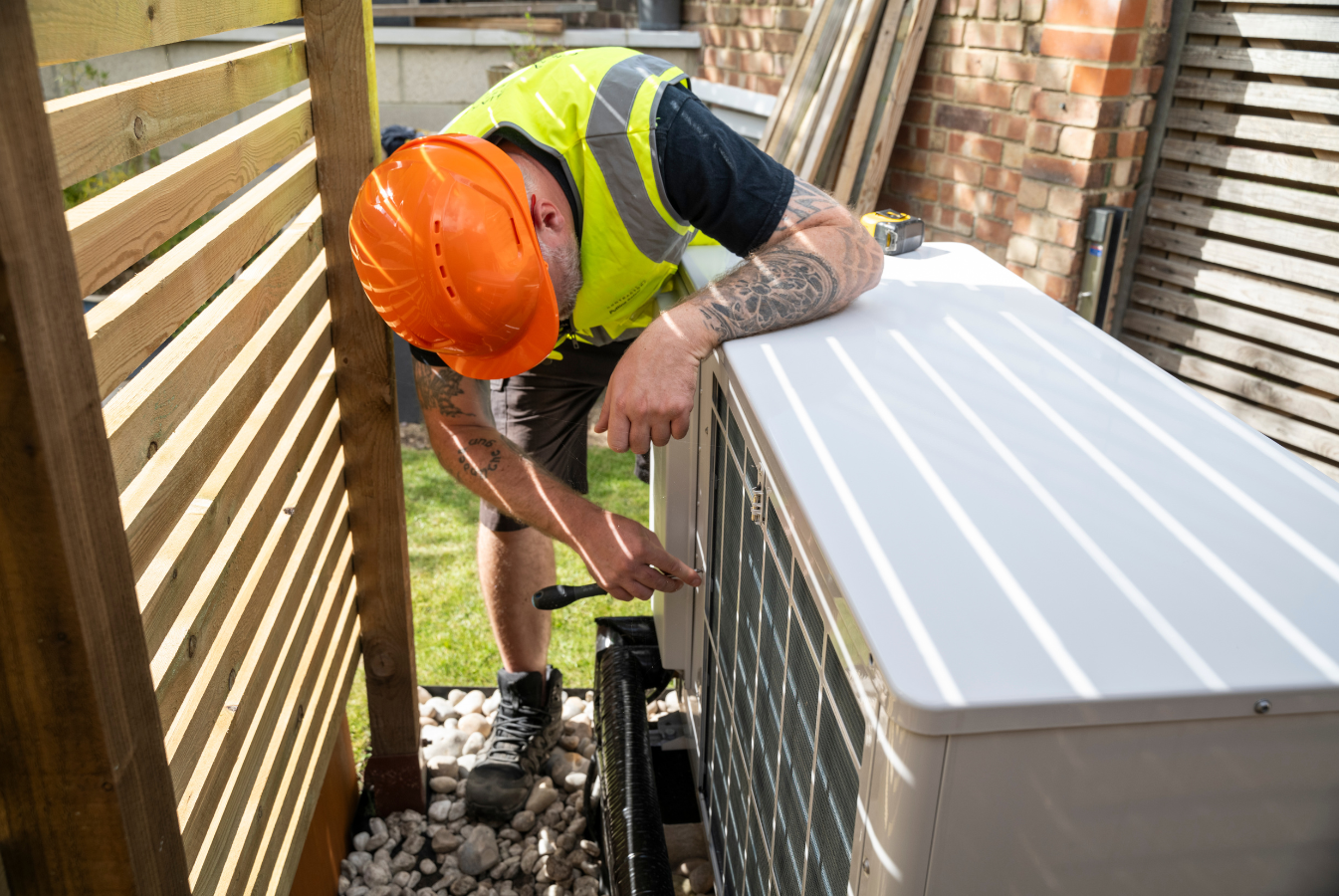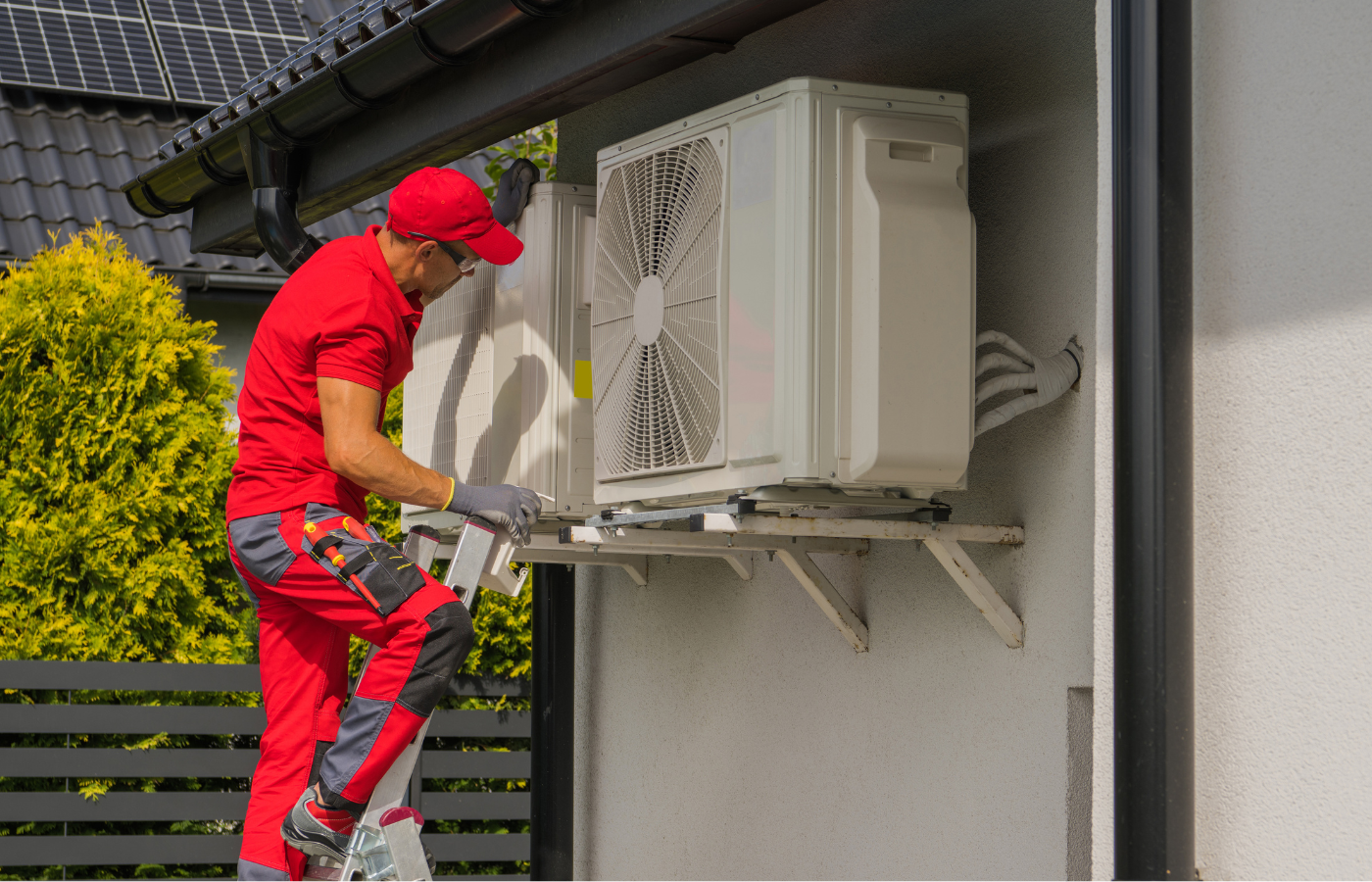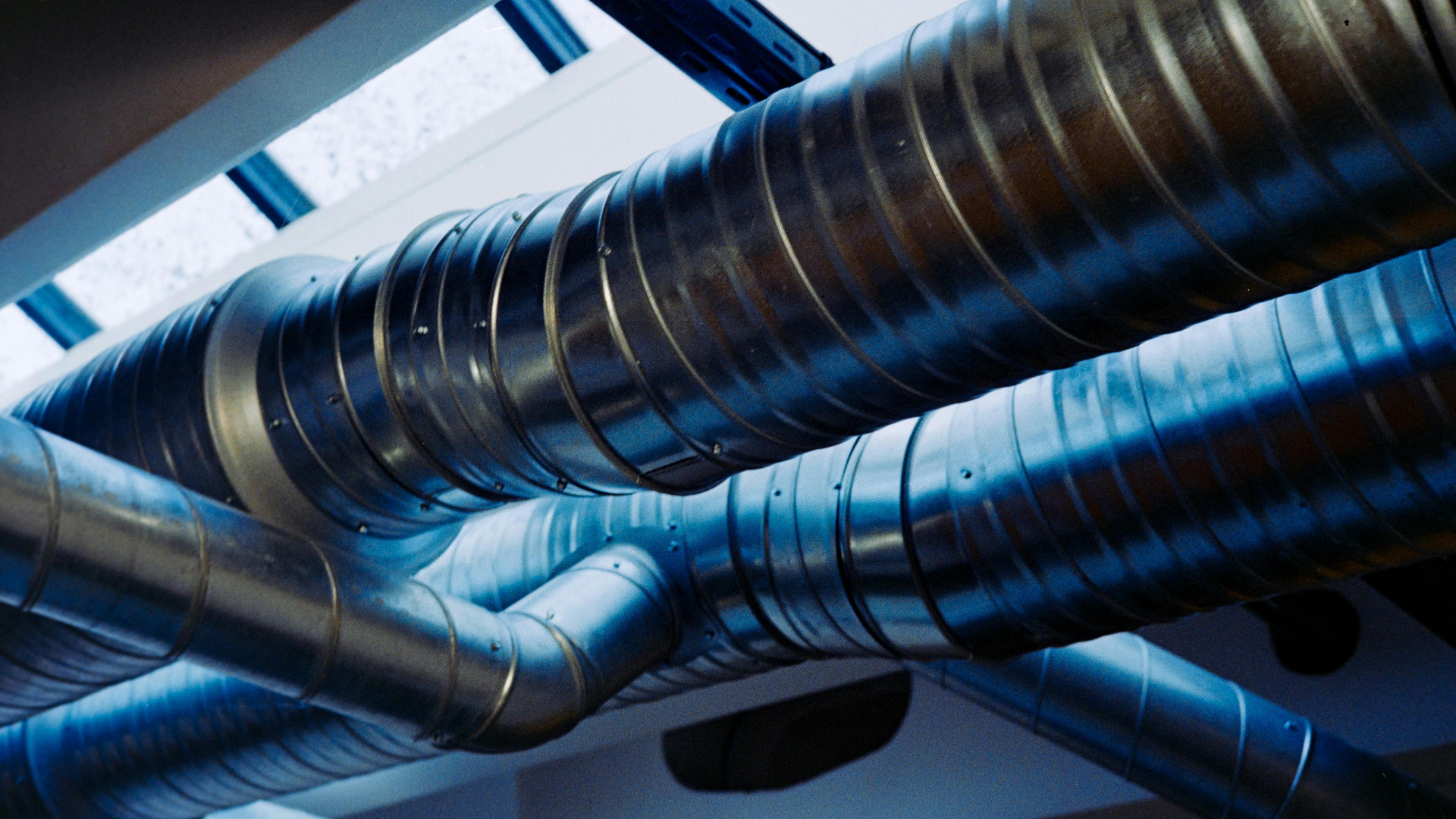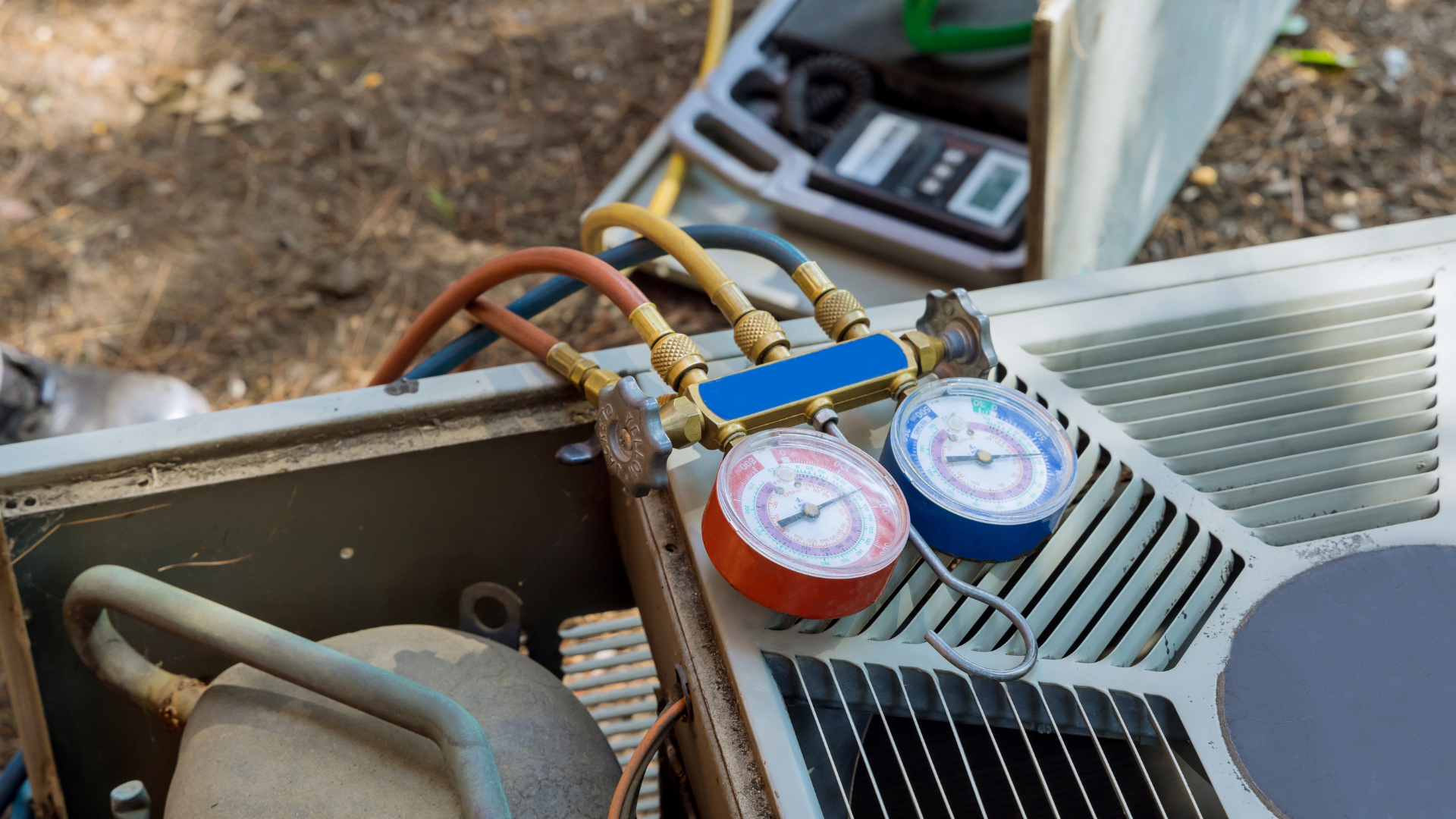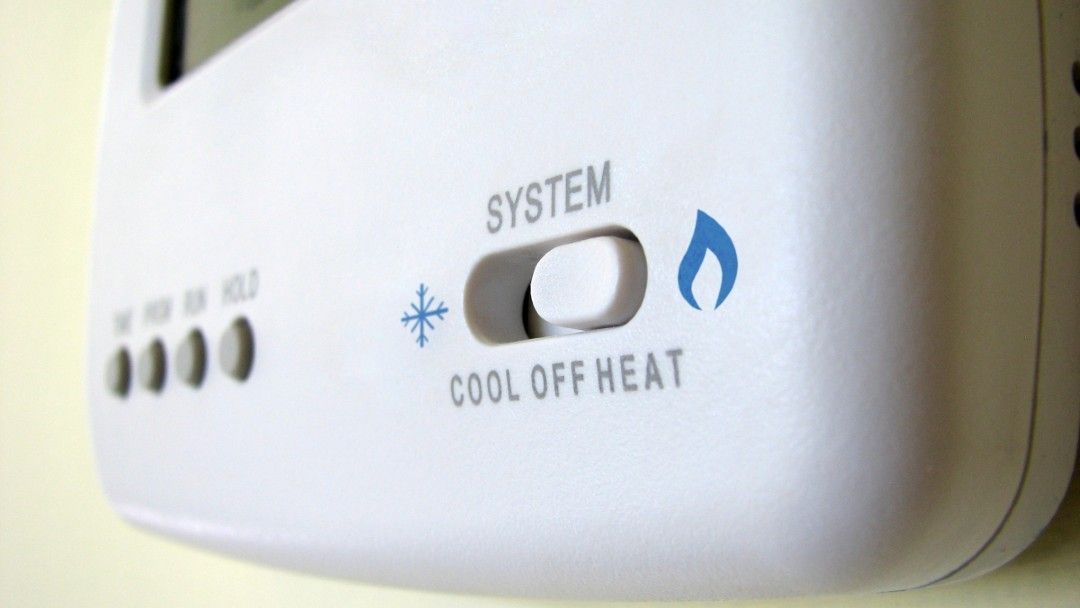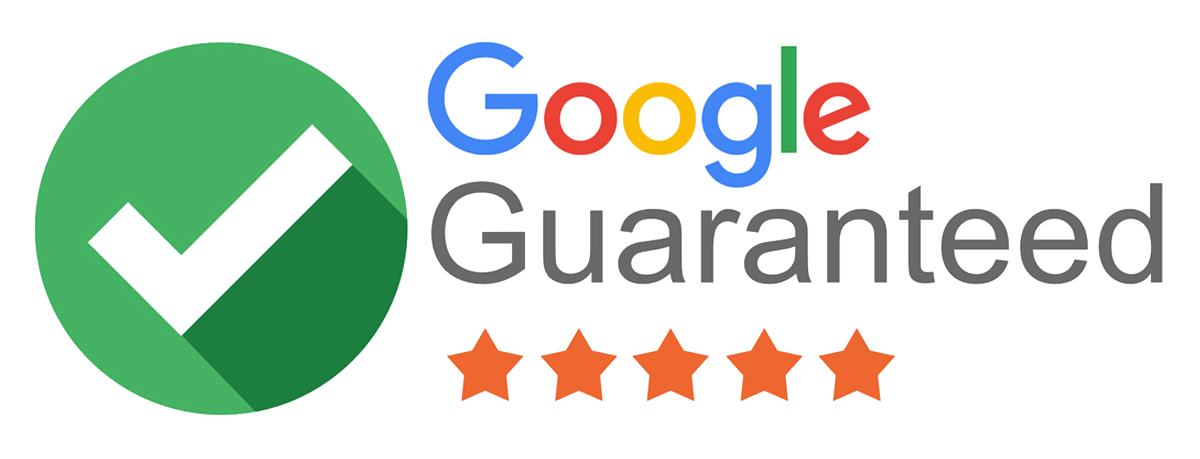BLOG ARTICLE
The Cost-Benefit of Smart Zoning in Older East TN Homes
What is HVAC zoning? and what are the benefits?
HVAC zoning is a system that separates your home or building into multiple sections, each managed by its own thermostat. By using automated dampers inside the ductwork, the system directs airflow only to the areas that need it. This allows different rooms or floors to be set at different temperatures at the same time. The result is more consistent comfort throughout the home and greater efficiency, since energy is used only in the spaces being occupied—helping lower overall utility costs.
Many homes across East Tennessee were built long before central air conditioning was the norm. While these older homes have character and charm, they often struggle with uneven temperatures—one room swelters while another feels like a freezer. That’s where smart zoning systems can make all the difference.
Smart zoning divides your home into separate temperature-controlled areas, each managed independently. But is the investment worth it for an older East TN home? Let’s break down the costs, benefits, and long-term value.
What Is Smart Zoning?
A smart zoning system uses a network of dampers in your ductwork, combined with multiple thermostats, to direct heating and cooling only where it’s needed. Instead of treating your entire house as one zone, you can tailor comfort room by room—or floor by floor.
In an older two-story Bristol or Johnson City home, for example, zoning allows the upstairs bedrooms to stay cool at night without overcooling the downstairs living areas.
The Benefits of Smart Zoning in Older Homes
1. Comfort Where You Need It Most
Older homes often have poor insulation and airflow challenges. Smart zoning helps combat hot and cold spots by giving you direct control over specific areas.
2. Energy Savings
The U.S. Department of Energy estimates that zoning can save homeowners up to 30% on energy bills by avoiding unnecessary heating and cooling of unused rooms.
3. Reduced Wear and Tear on HVAC Systems
By running your HVAC system more efficiently, zoning reduces the constant strain on your unit—helping extend its lifespan.
4. Increased Home Value
Today’s buyers are looking for efficiency and smart technology. Adding a zoning system can make an older home more attractive to future buyers in the competitive East Tennessee real estate market.
The Costs to Consider
Installing a zoning system in an existing older home typically ranges from $2,000 to $4,000, depending on home size and the complexity of your ductwork. If duct modifications are required (common in homes built before the 1980s), that cost may be higher.
However, those upfront costs often balance out within a few years through:
- Lower monthly utility bills
- Longer HVAC system lifespan
- Increased resale value
Real-World Example
Take a 2,200 sq. ft. home in Kingsport built in the 1970s. Without zoning, summer cooling costs averaged $220 per month. After installing a zoning system, the homeowner cut monthly bills by $55 on average—a savings of over $650 annually. That meant the system essentially paid for itself in less than 4 years.
Is Smart Zoning Right for Your Home?
Smart zoning is especially beneficial for:
- Multi-story homes with uneven temperatures
- Older homes with drafty additions or enclosed porches
- Large homes where only parts are used regularly
- Families with different temperature preferences
Call Phil’s Heating & Air for Zoning Solutions
At Phil’s Heating & Air, we specialize in helping East Tennesseans get the most out of their homes. Our expert technicians can evaluate your older home, assess ductwork conditions, and design a smart zoning solution that delivers comfort, savings, and peace of mind.
👉 Call Phil’s Heating & Air today to schedule your in-home consultation and see if smart zoning is the right fit for you.
SHARE THIS BLOG POST
MORE HVAC TIPS & TRICKS
Related BLOG Articles




